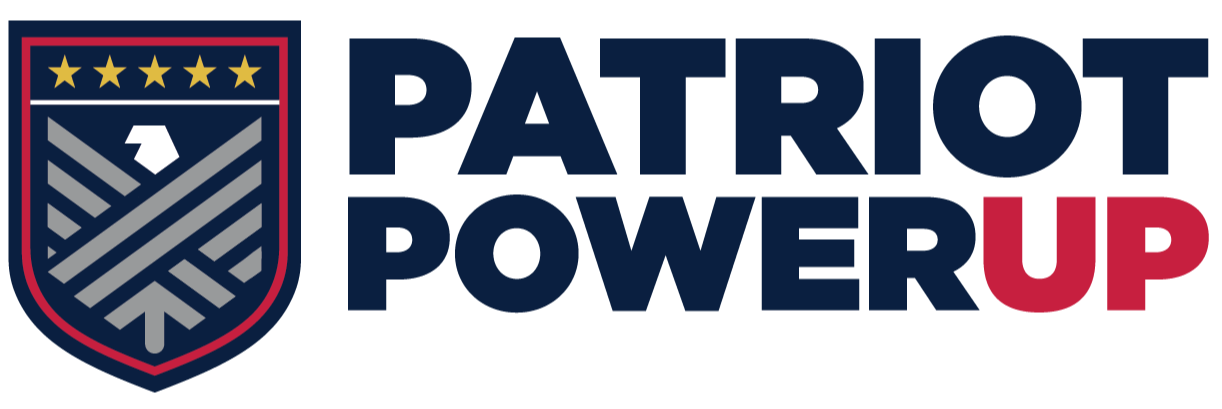Introduction
For Many Veterans, the Toughest Battles Don’t End When the Deployment Does
Post-traumatic stress disorder (PTSD) is a real and powerful challenge faced by countless service members after returning to civilian life. Whether it’s the memory of combat, loss, or the intensity of military service itself, PTSD can cast a long shadow. But with the right tools, support, and understanding, healing is not just possible—it’s happening every day.
Recognizing the Signs: PTSD Symptoms in Veterans
PTSD isn’t always loud. Sometimes it’s the quiet moments that hurt the most. Here’s what to look for:
- Intrusive thoughts: flashbacks, nightmares, or unwanted memories that won’t let go.
- Avoidance: steering clear of reminders, conversations, even places tied to traumatic experiences.
- Negative mood changes: feelings of guilt, isolation, or a loss of interest in things that once mattered.
- Hyperarousal: being on edge, struggling to sleep, or reacting strongly to sudden sounds or touches.
These symptoms can appear right away or stay hidden for years. Either way, they deserve attention and care.
What Triggers PTSD in Veterans?
PTSD often stems from intense or life-threatening experiences—many of which are unique to military service:
- Direct combat or ambushes.
- Witnessing injury or loss of a fellow service member.
- Military sexual trauma.
- Serious training accidents.
The risk increases with extended deployments, lack of post-service support, or a history of prior trauma. But just as the risks stack up, so do the chances for recovery when Veterans are connected to the right care.
What Works: Proven Treatments for PTSD
You are not alone—and you don’t have to white-knuckle your way through PTSD. There are treatments that work.
Cognitive Behavioral Therapies
- Cognitive Processing Therapy (CPT): Breaks down harmful thought patterns and replaces them with healthier ones.
- Prolonged Exposure (PE): Helps desensitize fear by gradually facing traumatic memories in a safe, guided way.
- EMDR (Eye Movement Desensitization and Reprocessing): Uses eye movement to help the brain reprocess trauma.
Medication
FDA-approved medications like sertraline (Zoloft) and paroxetine (Paxil) are often prescribed to ease symptoms of anxiety and depression.
Holistic & Complementary Approaches
- Mindfulness and meditation.
- Physical activity and yoga.
- Service dogs and emotional support animals.
- Art and music therapy.
These aren’t just “extras”—for many, they’re life-changing pieces of the recovery puzzle.
Where to Turn: VA and Community-Based Support
The VA’s National Center for PTSD leads the charge in evidence-based care, but many Veterans find hope through community-based organizations, too:
- Wounded Warrior Project offers peer support and clinical care.
- Cohen Veterans Network provides confidential, culturally competent therapy for post-9/11 Veterans and families.
Help isn’t one-size-fits-all. It’s about finding the right fit for your story.
How Patriot PowerUP Stands with Veterans
At Patriot PowerUP, our mission is simple: empower Veterans to take back their lives.
We connect Veterans with providers, peer groups, and programs that truly understand military trauma. We’re not political. We’re personal—built on a belief that every Veteran deserves strength, dignity, and a community that has their back.
Whether you’re reaching out for yourself or someone you care about, we’re here to walk with you—one step at a time.
FAQs
Q: What is PTSD, really?
A: It’s a mental health condition that can develop after experiencing trauma. For Veterans, that often includes combat, loss, or dangerous service situations.
Q: What treatment helps most?
A: Cognitive therapies like CPT and PE are highly effective, especially when combined with medication or complementary practices.
Q: Do I have to go through the VA?
A: Not at all. While the VA offers excellent care, many nonprofits and private clinics provide free or low-cost services tailored to Veterans.
Q: Will PTSD last forever?
A: Not necessarily. With the right support, many Veterans make a full recovery—or gain tools to live with far fewer symptoms.
Resources
- VA PTSD Resources
- NIH PTSD Treatment Guide
- Wounded Warrior Project – Mental Wellness
- Cohen Veterans Network

